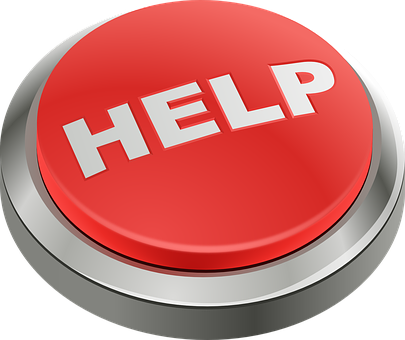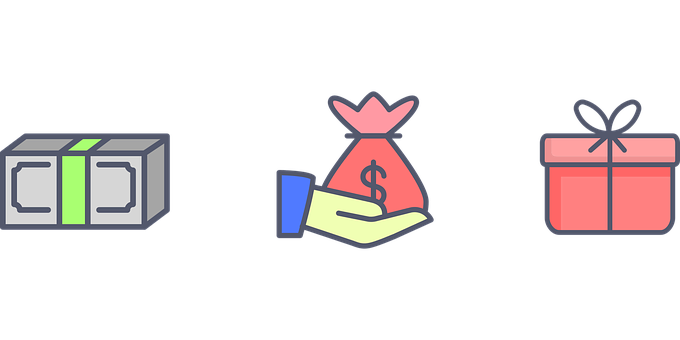From a recent study by the Million Dollar Round Table (MDRT), over 50% (54% to be exact 🙂 ) of Americans experienced a change in household income in 2020 vs. 2019. The top three lessons learned by the participants were the importance of having an emergency fund, paying down debt and discussing finances with others.
Keep in mind that financial difficulties and hardship impact life broadly. Housing, utilities, transportation, food, health and work all depend upon or require money to subsist. Yes, the pandemic brought about sudden and drastic changes to our lives and the impact was felt across generations.

Let’s look at the top three lessons learned and consider what we can apply from what this year has taught us.
Financial Lessons Learned in 2020
- Do you have an emergency fund at home? An emergency fund “used to be defined” as having three to six months worth of expenses available to tap into, just in case. We’ve just hit the one year mark since the official announcement of a pandemic. Will this impact your approach to creating and/or maintaining a emergency fund?
- What about an emergency fund for work/business? Same theory applies – the ability to cover three to six months of expenses is important for all workplaces and businesses. After a year of impact, what are ways you can implement a savings regimen to help protect you in the future?
- Before you establish your emergency fund goals, check what your actual expenses are over a year. **Knowing your numbers** is critical to establish a baseline of your average expenses.
- Unexpected expenses occur across the broad spectrum of life. Your baseline expenses remain and both need to be covered. For information to help you, here is an article from the Consumer Financial Protection Bureau: https://www.consumerfinance.gov/start-small-save-up/start-saving/an-essential-guide-to-building-an-emergency-fund/
- Ideally, what we spend every month is less or the same as the money we bring in! When it’s not, we have debt. How to pay down and manage debt is the 2nd of the top three lessons learned.
- There are two basic strategies that can help you reduce overall debt: the highest interest rate method (the debt with the highest interest rate = costs the most) and the snowball method (pay off the smallest debt 1st before you go the next smallest debt).
- Establish your debt reduction plan. Keep track of all bills and pay them on time to avoid penalties.
- The third lesson learned was discussing finances with others. Learning about finances may be hit or miss at home or in school.
- The financial services industry itself is highly regulated with licenses. FINRA (Financial Industry Regulatory Authority) or NASAA (North American Securities Administrators Association oversee securities licensing.
- Depending on the type of license an individual has, they can sell investment products, individual securities, commodities and provide financial advice in specific states in the US. A number of individuals provide debt reduction and financial education without selling products.
- If you’re interested in researching a particular financial professional, the SEC (US Securities and Exchange Commission) provides an online tool to check them out: https://www.sec.gov/check-your-investment-professional

The end of Q1 is in less than 3 weeks. Take a look at your finances and see what small step you can take for a brighter future.
Spring into action for you and yours in 2021! The Living Planner is here to help you understand what’s at risk, what you gain and how to approach planning for the business side of life with realism, humor and compassion.
For additional information about how I work, check out my website: https://thelivingplanner.com or Email me: Lynn@thelivingplanner.com.
Stay well –Lynn
#CareForPeople #StepInStepUp #LifeHacks

